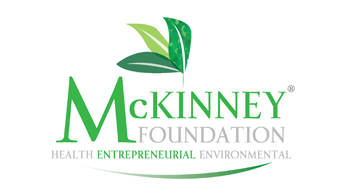History
The McKinney Foundation is named in memory of our Father, Dr. David W. McKinney III, who passed away in 2008. He was a staunch advocate and believer in the transformative power of education as was his father, and father’s father before him.
With respect to our parents, Hattie and David McKinney, MD, who instilled a strong sense of giving back to the community and caring for others, The McKinney Foundation formed as a result of our commitment to honor God, family, and community. These values form the core of who we are and serves as the driver for the work that we do.
Advised by family and a close friend, forming The McKinney Foundation as a nonprofit was the best way to structure our diverse giving priorities. Three pillars reflect the passion(s) of one or more family members: Health, Entrepreneurship, and Environment. These pillars are focus areas for our programs and future initiatives.



